#architectural landscapes
Explore tagged Tumblr posts
Text

Cityscape 240208c Marrakesh, Morocco By Jeff Stanford, 2024 Buy prints at: https://jeff-stanford.pixels.com/
#© Jeff Stanford#midjourney#midjourneyart#ai#discord#digitalart#aiart#Artists on tumblr#sunrise#Marrakesh#Morocco#buildings#blues#blue light#azure#light orange#shadowy stillness#architectural landscapes#vibrant colors#amber#golden hour#niji 6
101 notes
·
View notes
Text

#maviyenot#photography#nature#naturecore#landscape#pretty#travel#traveling#photographers on tumblr#aestethic#wintercore#winter#snow#snow landscape#snowman#art#artists on tumblr#curators on tumblr#advertising#architecture#inspration#photo#style#wholesale#awesome#cute#cute snowmen#violin
59K notes
·
View notes
Text


#landsccape#photography#aesthetic#cottagecore#naturecore#cottage#beauty#home decor#landscape#paradise#nature#adventure#exlore#travel#travelling#snow#winter#pretty#style#scenery#green#cottage witch#japan#curators on tumblr#dark academia#light academia#photographers on tumblr#romantic academia#architecture#dark acadamia aesthetic
28K notes
·
View notes
Text
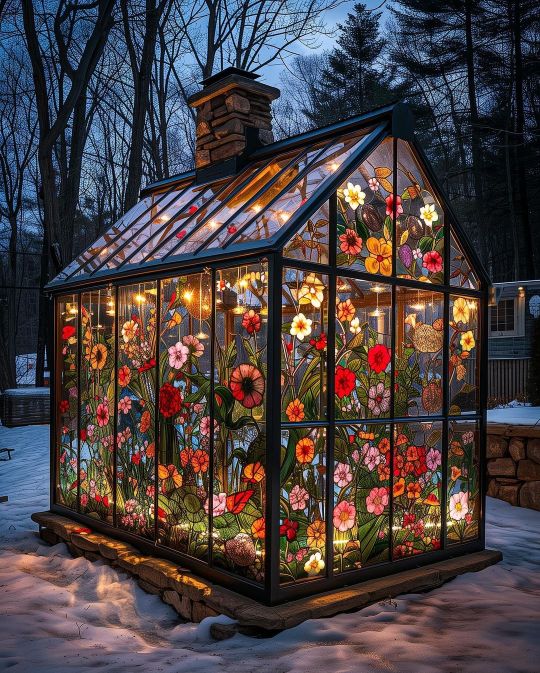
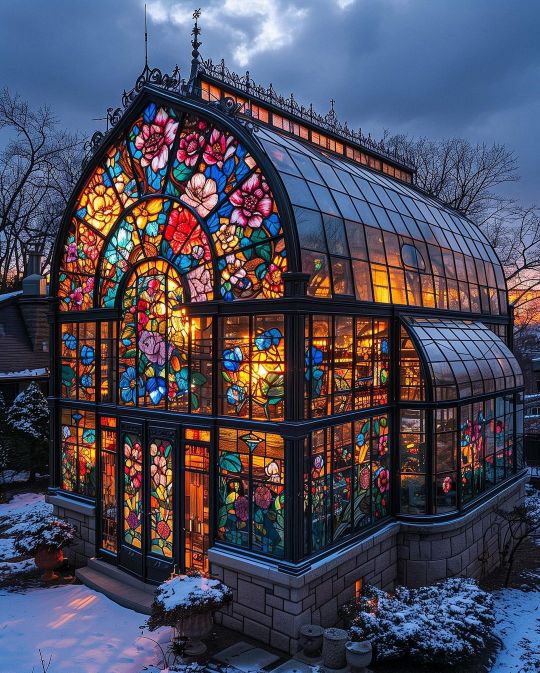
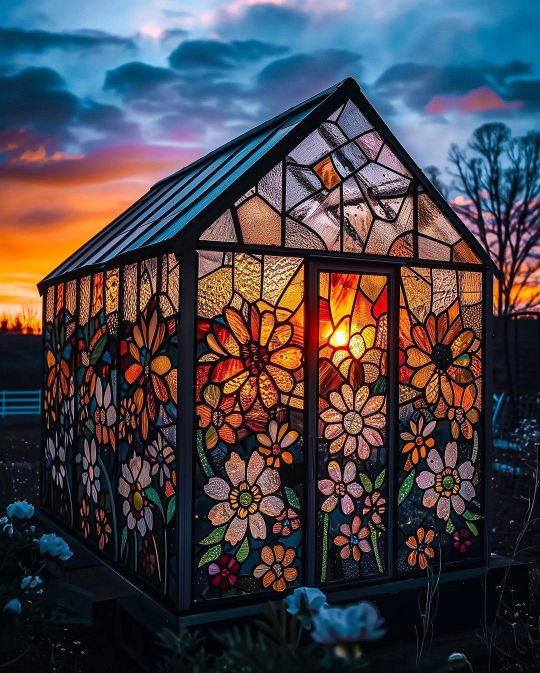
#landsccape#paradise#nature#adventure#explore#travel#travelling#cottagecore#naturecore#aesthetic#photography#landscape#art#arhitecture#gothic architecture#gothic#chaotic academia#photographers on tumblr#dark acadamia aesthetic#cottage witch#flowers#curators on tumblr#home decor#home lifestyle#desing#fashion#alternative#scenery#moodboard#full moon
59K notes
·
View notes
Text


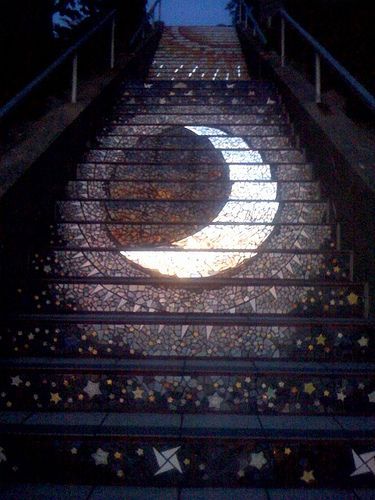

These Tiled Steps In San Francisco Glow At Night From The Moonlight
#landscape#paradise#nature#adventure#explore#travel#travelling#photography#art#draw#drawing#artists on tumblr#moon#full moon#aesthetic#naturecore#cottagecore#fairycore#places#architecture#memes
48K notes
·
View notes
Text
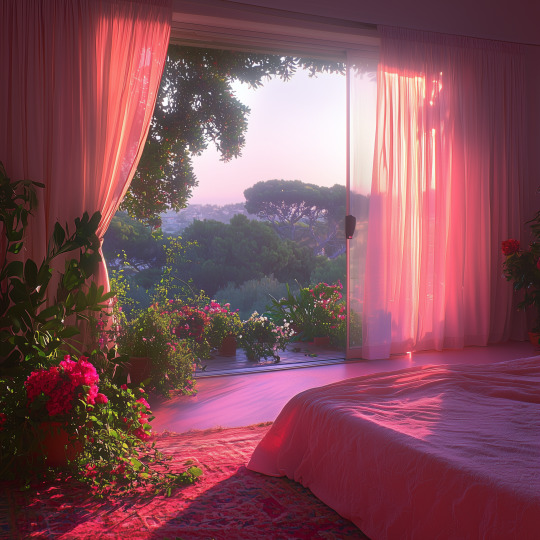
#Vaporwave#aesthetic#ai art#digital art#colors#lofi#nostalgia#retrowave#video game#concept art#art#dreamscape#unreality#vibes#dreamcore#nature#greenery#green#atmospheric#architecture#window view#balcony#sunset#mountains#sky#landscape#forest#woods#bedroom#pink
10K notes
·
View notes
Text


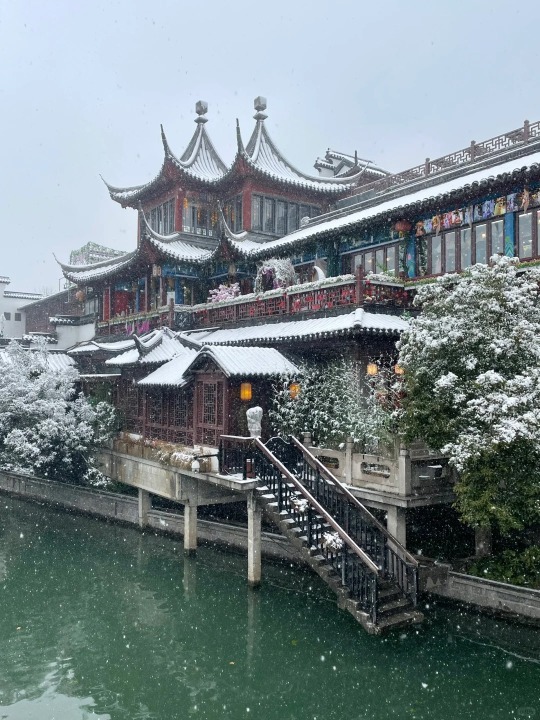







winter snow in southern china by 哈利萌YM and 猪肝面
9K notes
·
View notes
Text
📍Tellaro, Liguria, Italy 🇮🇹
#video#paradise#view#nature#paraiso#natureza#explore#travel#trip#vacation#italy#italia#tellaro#liguria#advertising#old architecture#waves#sea#ocean#praia#sunset#summer#church#ondas#landscape
27K notes
·
View notes
Text
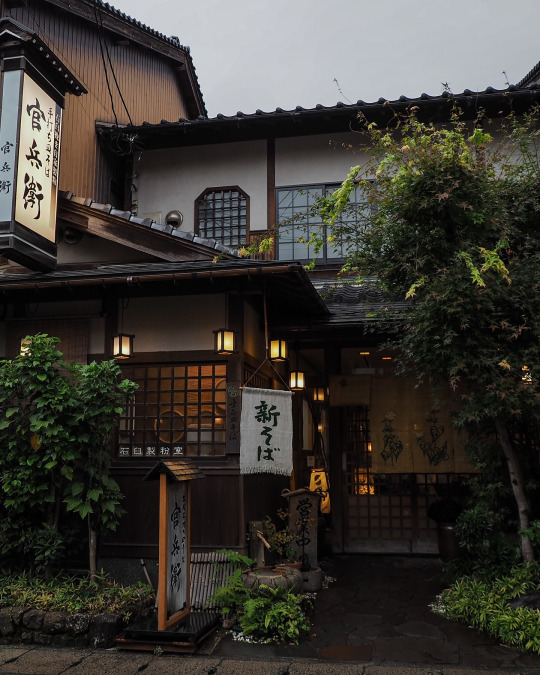
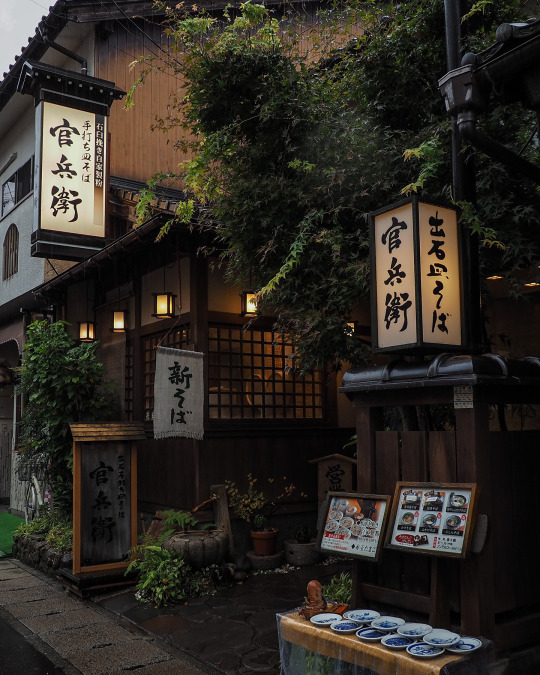
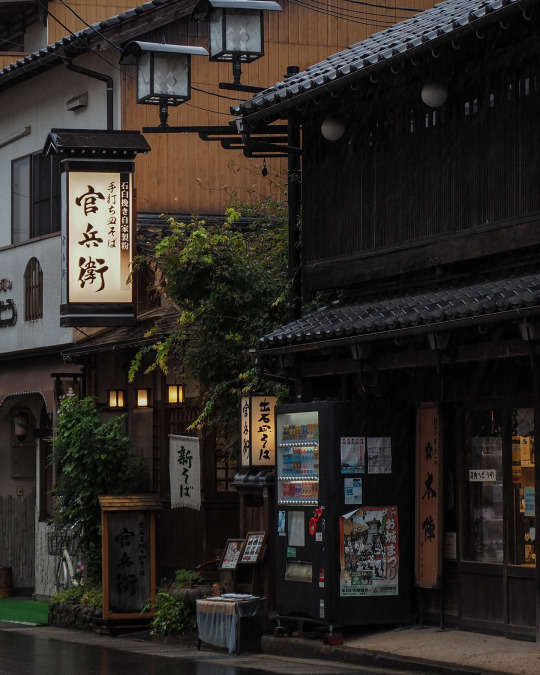
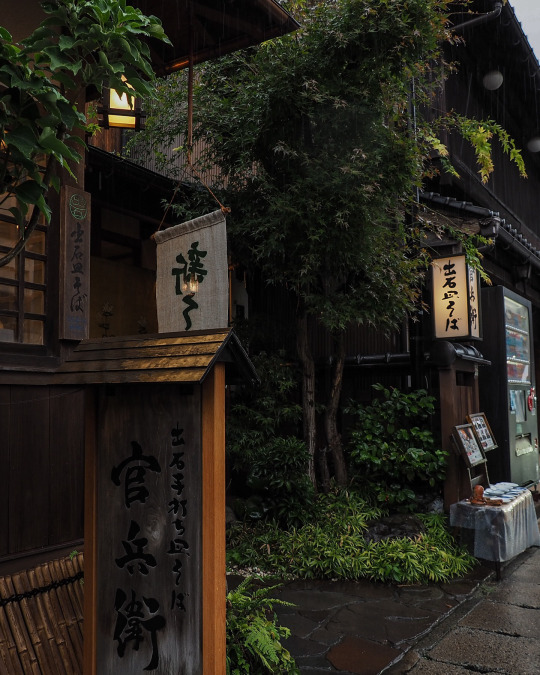
兵庫 出石 // Izushi, Hyogo // Tomoko.M
8K notes
·
View notes
Text
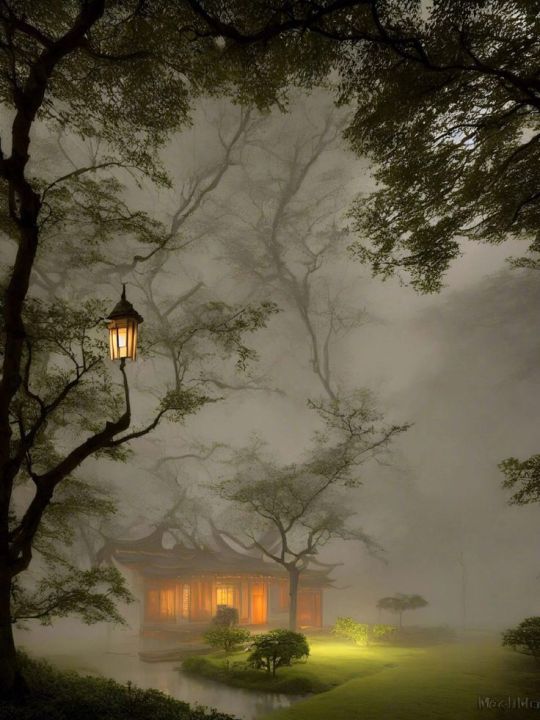

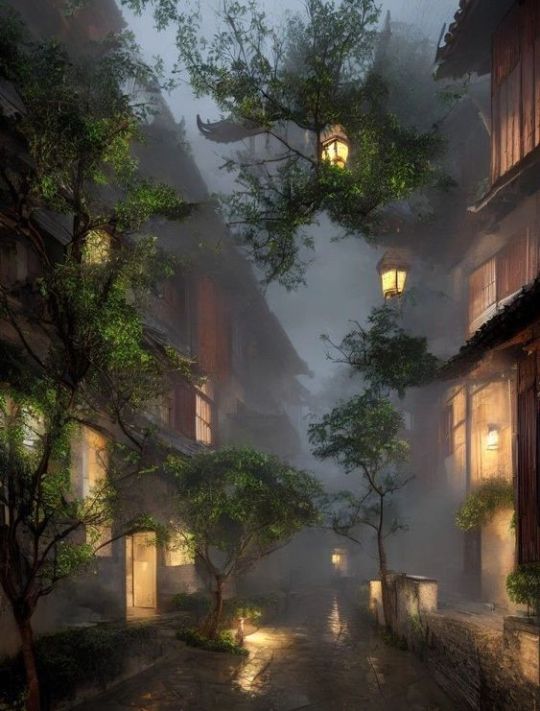
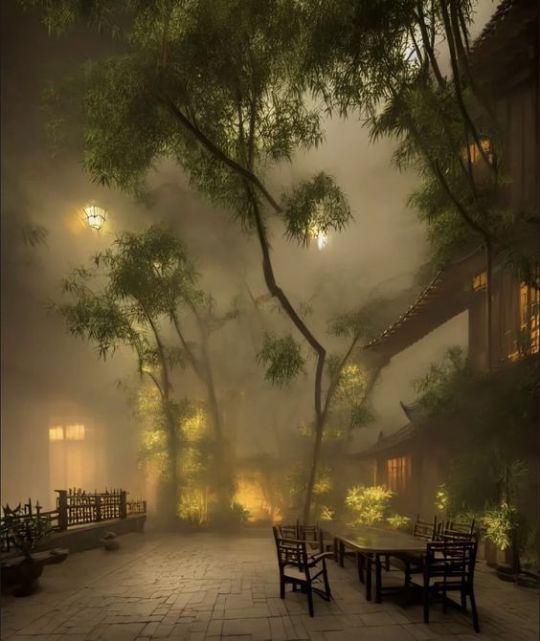
#landscape#paradise#nature#adventure#explore#travel#travelling#photography#aesthetic#naturecore#architecture#japan#goth#gothic#dark academia#alternative
44K notes
·
View notes
Text


by johnkucko
#house#victorian architecture#victorian house#pink house#autumn#fall#cozy season#trees#aesthetic#nature#naturecore#photography#landscape#curators on tumblr#up
8K notes
·
View notes
Text

Landscape 240208a Marrakesh, Morocco By Jeff Stanford, 2024 Buy prints at: https://jeff-stanford.pixels.com/
#© Jeff Stanford#midjourney#midjourneyart#ai#discord#digitalart#aiart#Artists on tumblr#Marrakesh#Morocco#buildings#blues#blue light#azure#light orange#shadowy stillness#architectural landscapes#vibrant colors#amber#golden hour#niji6
40 notes
·
View notes
Text


#maviyenot#photography#nature#naturecore#landscape#pretty#travel#traveling#photographers on tumblr#trees#forest#snow#advertising#architecture#photo#gif#thunder#view#exlore#nature photography#curators on tumblr#artists on tumblr#beauty#profit#snows#snowfall#winter#winter landscape#aesthetic#scenery
44K notes
·
View notes
Text

Portovenere, Spezia, taly by Vincenzo
#portovenere#spezia#italy#italia#nature#landscape#old architecture#architecture#coast#2013#petitworld favs#petitworld
10K notes
·
View notes
Text
"With “green corridors” that mimic the natural forest, the Colombian city is driving down temperatures — and could become five degrees cooler over the next few decades.
In the face of a rapidly heating planet, the City of Eternal Spring — nicknamed so thanks to its year-round temperate climate — has found a way to keep its cool.
Previously, Medellín had undergone years of rapid urban expansion, which led to a severe urban heat island effect — raising temperatures in the city to significantly higher than in the surrounding suburban and rural areas. Roads and other concrete infrastructure absorb and maintain the sun’s heat for much longer than green infrastructure.
“Medellín grew at the expense of green spaces and vegetation,” says Pilar Vargas, a forest engineer working for City Hall. “We built and built and built. There wasn’t a lot of thought about the impact on the climate. It became obvious that had to change.”
Efforts began in 2016 under Medellín’s then mayor, Federico Gutiérrez (who, after completing one term in 2019, was re-elected at the end of 2023). The city launched a new approach to its urban development — one that focused on people and plants.
The $16.3 million initiative led to the creation of 30 Green Corridors along the city’s roads and waterways, improving or producing more than 70 hectares of green space, which includes 20 kilometers of shaded routes with cycle lanes and pedestrian paths.
These plant and tree-filled spaces — which connect all sorts of green areas such as the curb strips, squares, parks, vertical gardens, sidewalks, and even some of the seven hills that surround the city — produce fresh, cooling air in the face of urban heat. The corridors are also designed to mimic a natural forest with levels of low, medium and high plants, including native and tropical plants, bamboo grasses and palm trees.
Heat-trapping infrastructure like metro stations and bridges has also been greened as part of the project and government buildings have been adorned with green roofs and vertical gardens to beat the heat. The first of those was installed at Medellín’s City Hall, where nearly 100,000 plants and 12 species span the 1,810 square meter surface.
“It’s like urban acupuncture,” says Paula Zapata, advisor for Medellín at C40 Cities, a global network of about 100 of the world’s leading mayors. “The city is making these small interventions that together act to make a big impact.”
At the launch of the project, 120,000 individual plants and 12,500 trees were added to roads and parks across the city. By 2021, the figure had reached 2.5 million plants and 880,000 trees. Each has been carefully chosen to maximize their impact.
“The technical team thought a lot about the species used. They selected endemic ones that have a functional use,” explains Zapata.
The 72 species of plants and trees selected provide food for wildlife, help biodiversity to spread and fight air pollution. A study, for example, identified Mangifera indica as the best among six plant species found in Medellín at absorbing PM2.5 pollution — particulate matter that can cause asthma, bronchitis and heart disease — and surviving in polluted areas due to its “biochemical and biological mechanisms.”
And the urban planting continues to this day.
The groundwork is carried out by 150 citizen-gardeners like Pineda, who come from disadvantaged and minority backgrounds, with the support of 15 specialized forest engineers. Pineda is now the leader of a team of seven other gardeners who attend to corridors all across the city, shifting depending on the current priorities...
“I’m completely in favor of the corridors,” says [Victoria Perez, another citizen-gardener], who grew up in a poor suburb in the city of 2.5 million people. “It really improves the quality of life here.”
Wilmar Jesus, a 48-year-old Afro-Colombian farmer on his first day of the job, is pleased about the project’s possibilities for his own future. “I want to learn more and become better,” he says. “This gives me the opportunity to advance myself.”
The project’s wider impacts are like a breath of fresh air. Medellín’s temperatures fell by 2°C in the first three years of the program, and officials expect a further decrease of 4 to 5C over the next few decades, even taking into account climate change. In turn, City Hall says this will minimize the need for energy-intensive air conditioning...
In addition, the project has had a significant impact on air pollution. Between 2016 and 2019, the level of PM2.5 fell significantly, and in turn the city’s morbidity rate from acute respiratory infections decreased from 159.8 to 95.3 per 1,000 people [Note: That means the city's rate of people getting sick with lung/throat/respiratory infections.]
There’s also been a 34.6 percent rise in cycling in the city, likely due to the new bike paths built for the project, and biodiversity studies show that wildlife is coming back — one sample of five Green Corridors identified 30 different species of butterfly.
Other cities are already taking note. Bogotá and Barranquilla have adopted similar plans, among other Colombian cities, and last year São Paulo, Brazil, the largest city in South America, began expanding its corridors after launching them in 2022.
“For sure, Green Corridors could work in many other places,” says Zapata."
-via Reasons to Be Cheerful, March 4, 2024
#colombia#brazil#urban#urban landscape#urban planning#cities#civil engineering#green architecture#green spaces#urban heat#urban heat island effect#weather#meteorology#global warming#climate change#climate hope#climate optimism#climate emergency#climate action#environment#environmental news#city architecture#bicycling#native plants#biodiversity#good news#hope#solarpunk#ecopunk#hopepunk
18K notes
·
View notes